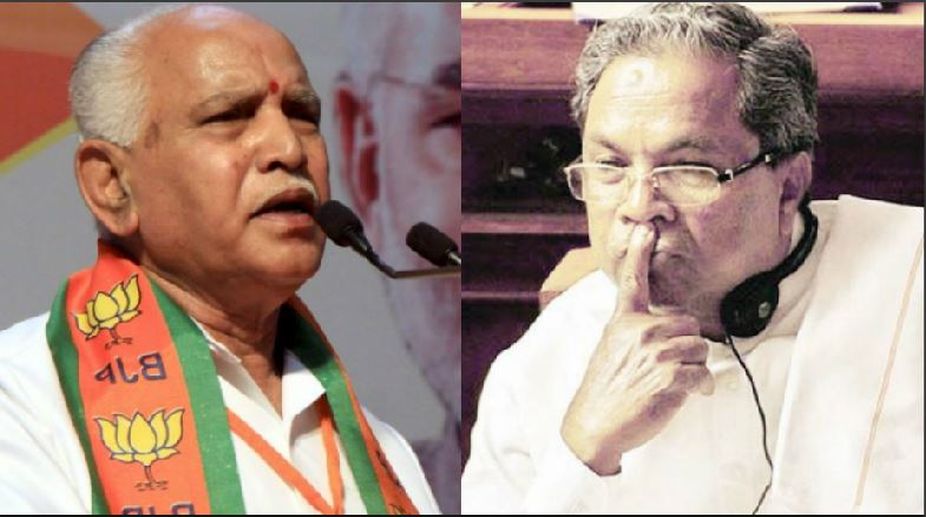Delhi decides today: Jaishankar, Rahul, Dikshit, Sachdeva exercise their franchise
Voting for the 70 Assembly constituencies in Delhi is underway, with several prominent leaders casting their ballots early on Wednesday morning.
The Congress will thus project this as a triumph for Rahul Gandhi and his Bharat Jodo Yatra, and use it to burnish his credentials for a larger role in national politics.

Karnataka Assembly elections Representation image (Phot:SNS)
While the contenders in the Karnataka election will each view the outcome in a manner that best suits their larger narrative, its significance must neither be under- nor overestimated. Given that the state has seldom in recent times returned an incumbent to power, the Bharatiya Janata Party will seek to underplay the loss, even though it means it now has no presence south of the Vindhyas.
Given that the Congress has over the past nine years lost power in state after state, it will be euphoric about this victory, and will claim popular endorsement of its charge that its opponent is corrupt, vindictive and divisive.
Advertisement
Finally, given that the Opposition in general has been groping for a narrative to match that of the BJP under Prime Minister Narendra Modi, it will see in this result more than there might be from the perspective of the national election next year. While there may be kernels of truth in each of these narratives, they may not, even taken together, provide a complete picture. There are several points to consider.
Advertisement
Karnataka is a traditional Congress bastion, a state even its most influential leaders sought sanctuary in when rejected elsewhere. Corruption in the state is endemic, and not confined to a particular dispensation. While caste is a factor in other parts of the country as well, Karnataka’s mix is peculiar to it and quite distinct from even its immediate neighbours. In sum, a fair summation would be that this result, while politically significant, is not as much of a game-changer as some people would project it to be. But the victory is a shot in the arm for the Congress, and will certainly boost the morale of its cadres. While it did win Himachal Pradesh late last year, it is after a long time that the party has secured victory in a major state.
The Congress will thus project this as a triumph for Rahul Gandhi and his Bharat Jodo Yatra, and use it to burnish his credentials for a larger role in national politics. It would do well though to draw one lesson, which is that it is important for a party to present a united face when going into an election. The Congress was able to underplay the presence of rival camps within its Karnataka unit successfully, while the BJP was riven by dissensions as it conveyed the impression of having forsaken the man who had first brought it to power in the state.
As elections for three large and important states ~ Rajasthan, Chhatisgarh and Madhya Pradesh ~ approach, the Congress would do well to address problems it has in its units in these states, especially the first two where it will additionally battle anti-incumbency. Mr Ashok Gehlot and Mr Sachin Pilot in Rajasthan, and Mr Bhupendra Baghel and Mr T S Singh Deo in Chhatisgarh will have to reach reasonable accommodations with each other if the party is to have a chance.
Advertisement